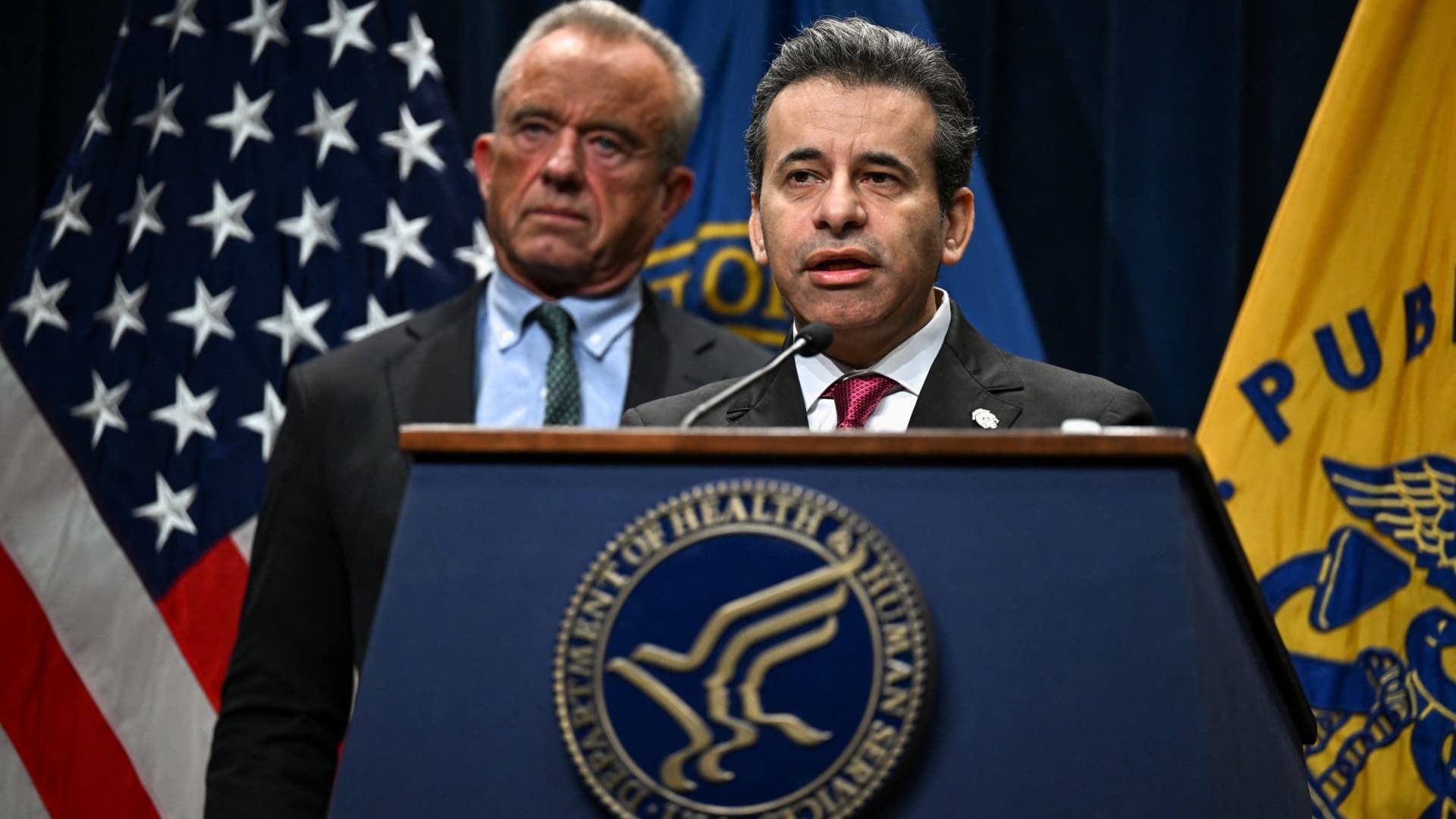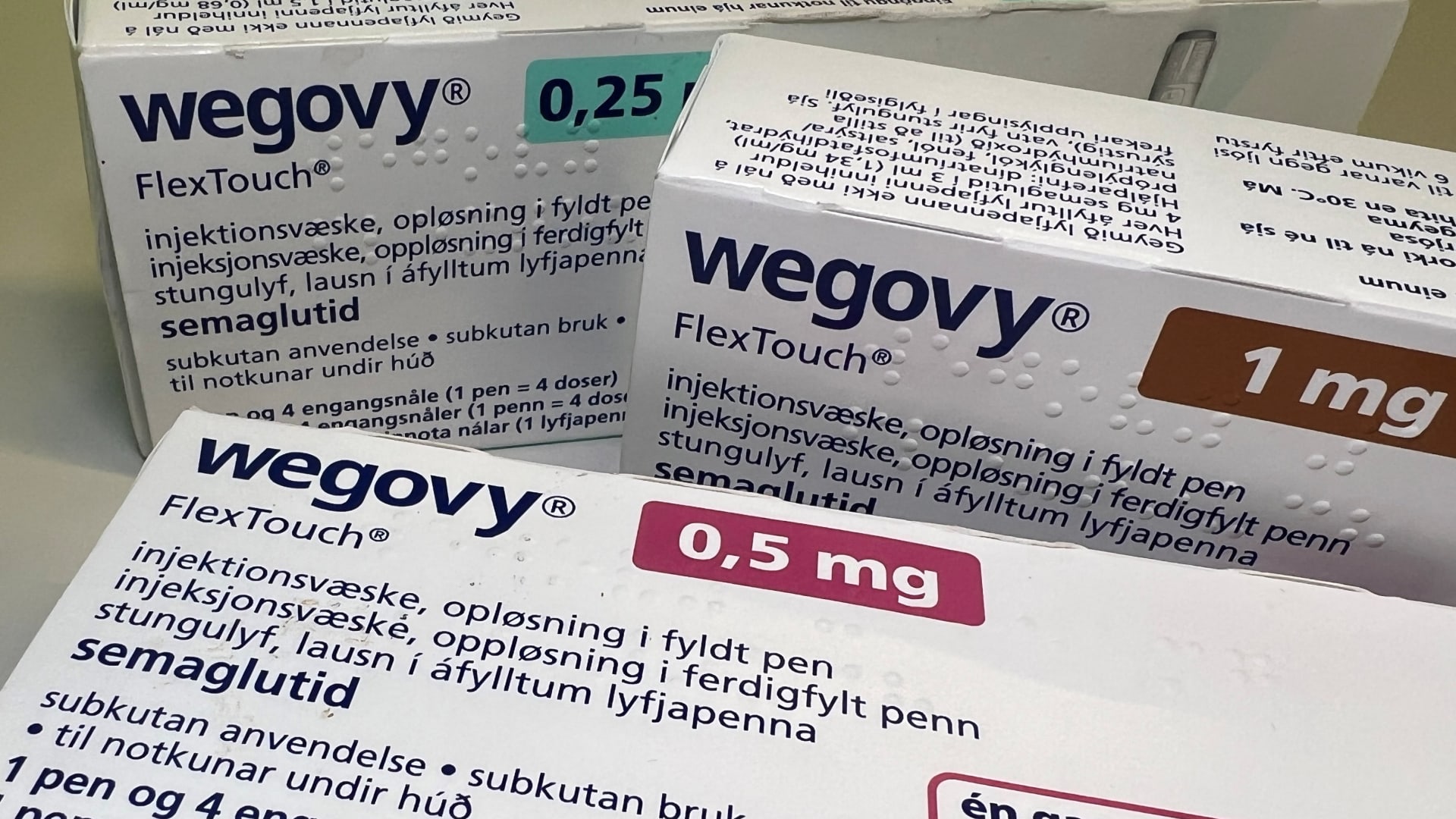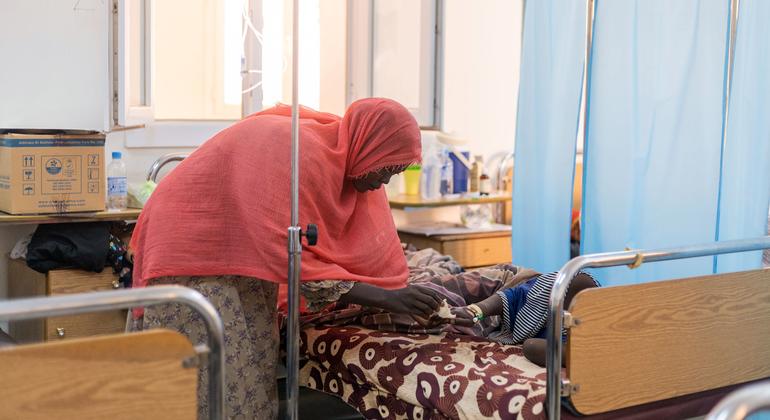U.S. Food and Drug Administration Commissioner Marty Makary speaks during a news conference alongside U.S. Health and Human Services Secretary Robert F. Kennedy Jr. and Centers for Medicare and Medicaid Services Administrator Mehmet Oz to discuss the administration's plans to reduce drug costs, at the Department of Health and Human Services in Washington, DC, U.S., on October 29, 2025.
Annabelle Gordon | Reuters
The Food and Drug Administration said Wednesday it will take steps to speed up the process of developing generic versions of complex biologic drugs, in a bid to increase cheaper competition for expensive drugs and reduce drug costs for Americans.
It is the latest move by the Trump administration to curb high prescription drug costs in the United States, where drug prices are two to three times higher than those in other developed nations.
The decision to support the development and approval of so-called biosimilars could be a blow to pharmaceutical companies, whose most profitable products are often biologics that treat serious and chronic diseases. The exact impact will depend on the drug manufacturer and its products.
In a statement Wednesday, a spokesperson for the Department of Health and Human Services said the law gives manufacturers 12 years of exclusivity for biologic drugs, which is a “major determining factor in drug development decision-making.”
“No manufacturer should provide for a monopoly or anything else beyond what is legally granted,” the spokesperson said.
The new FDA reforms “will take five to eight years to bring a biosimilar to market and cut it in half,” agency Commissioner Marty Makary said during a news conference Wednesday.
During the event, HHS Secretary Robert F. Kennedy Jr. said the FDA has an “outdated and cumbersome approval process that has slowed the entry of biosimilars.” He said “even when [the drugs] “If passed, current laws often prevent pharmacists or patients from substituting them with patients who would benefit from a more affordable option.”
“That all ends today, when the FDA is taking bold and decisive action to tear down these barriers and open markets to real competition,” Kennedy said.
Biologics are designed with living cells, making manufacturing more complex than chemically derived drugs. Biologics have a special path to FDA approval, and it is more difficult for generic drug makers to sell cheaper versions due to high development costs and a difficult regulatory landscape.
Biologic drugs account for just 5% of prescriptions in the US, but will account for 51% of total drug spending starting in 2024, according to a statement from the FDA. FDA-approved biosimilars are as safe and effective as their brand-name counterparts, but their market share remains less than 20%, the agency added. The FDA said it has approved 76 biosimilars so far, representing only a small fraction of approved biologic drugs.
Kennedy said biosimilars, on average, are half the price of their brand-name counterparts. Its entry into the market reduces the prices of branded medicines by another 25%, which is a “real relief for patients,” he added.
Biosimilar generics saved $20 billion in health care costs in the United States last year alone, the FDA said.
In a new draft guidance, the FDA proposed important updates to simplify studies of biosimilars. For example, the agency recommended that pharmaceutical companies may not need to conduct human studies that directly compare the biosimilar to a brand-name product. That investigation takes years and costs tens of millions of dollars.
Historically, biosimilars have struggled to gain market share against their brand-name counterparts compared to generic copies of small-molecule drugs, which are often administered in pill form and can easily enter cells because they have a low molecular weight.
The difference is that many biosimilars are not identical copies of brand-name biologic drugs, while generics are.
In many cases, pharmacists cannot directly substitute a biosimilar for a brand-name biologic when filling a prescription, unless they are classified as “interchangeable” and permitted by state law.
But the FDA said Wednesday that it generally advises against requiring so-called “switch studies,” which determine whether biosimilars have that classification. That step is not necessary for generic copies of small molecule drugs.
“These additional studies may slow development and create public confusion about the safety of biosimilars,” the FDA said in a statement.












